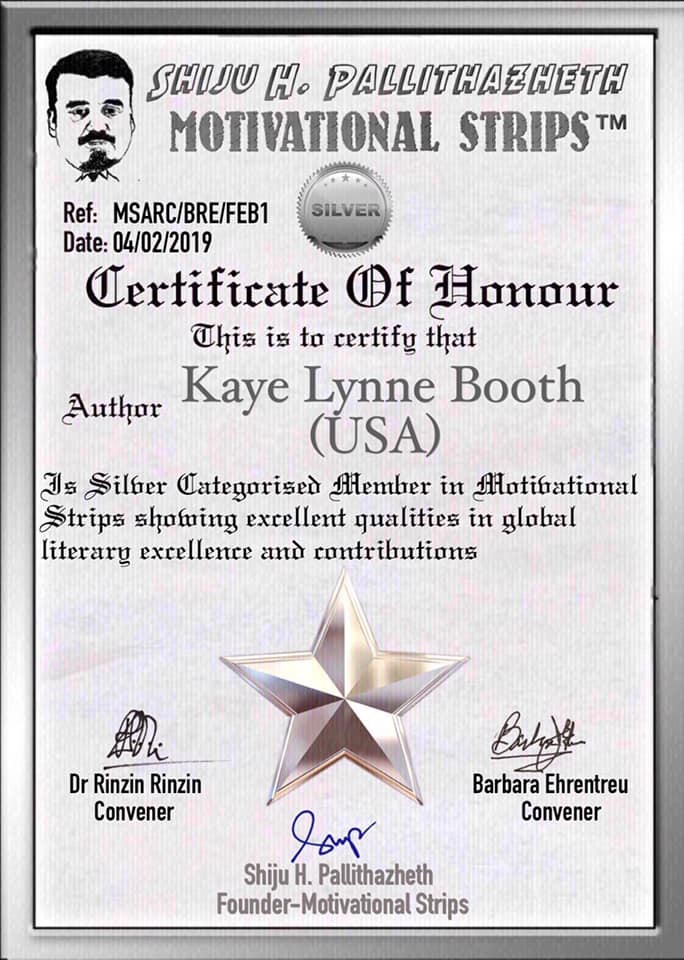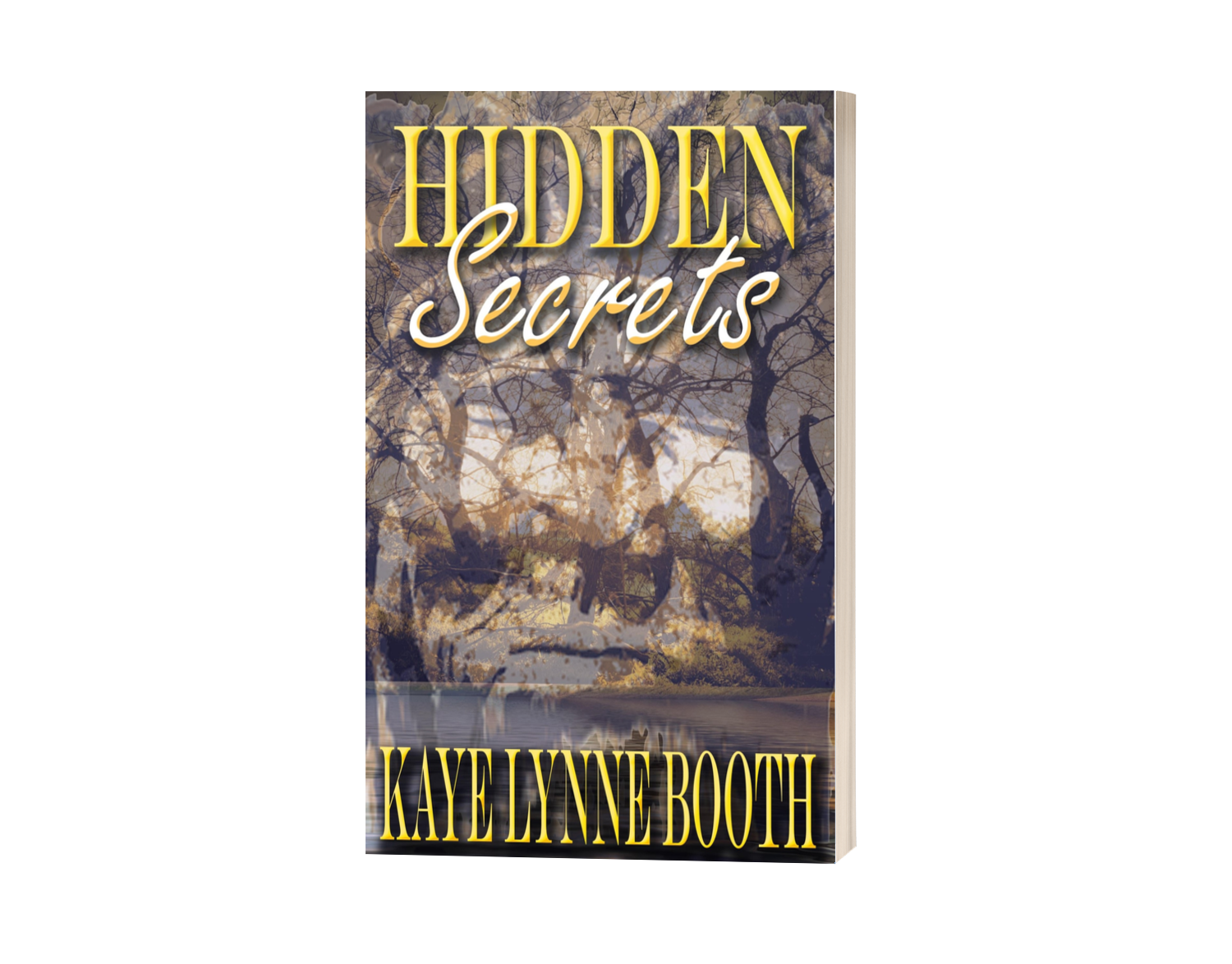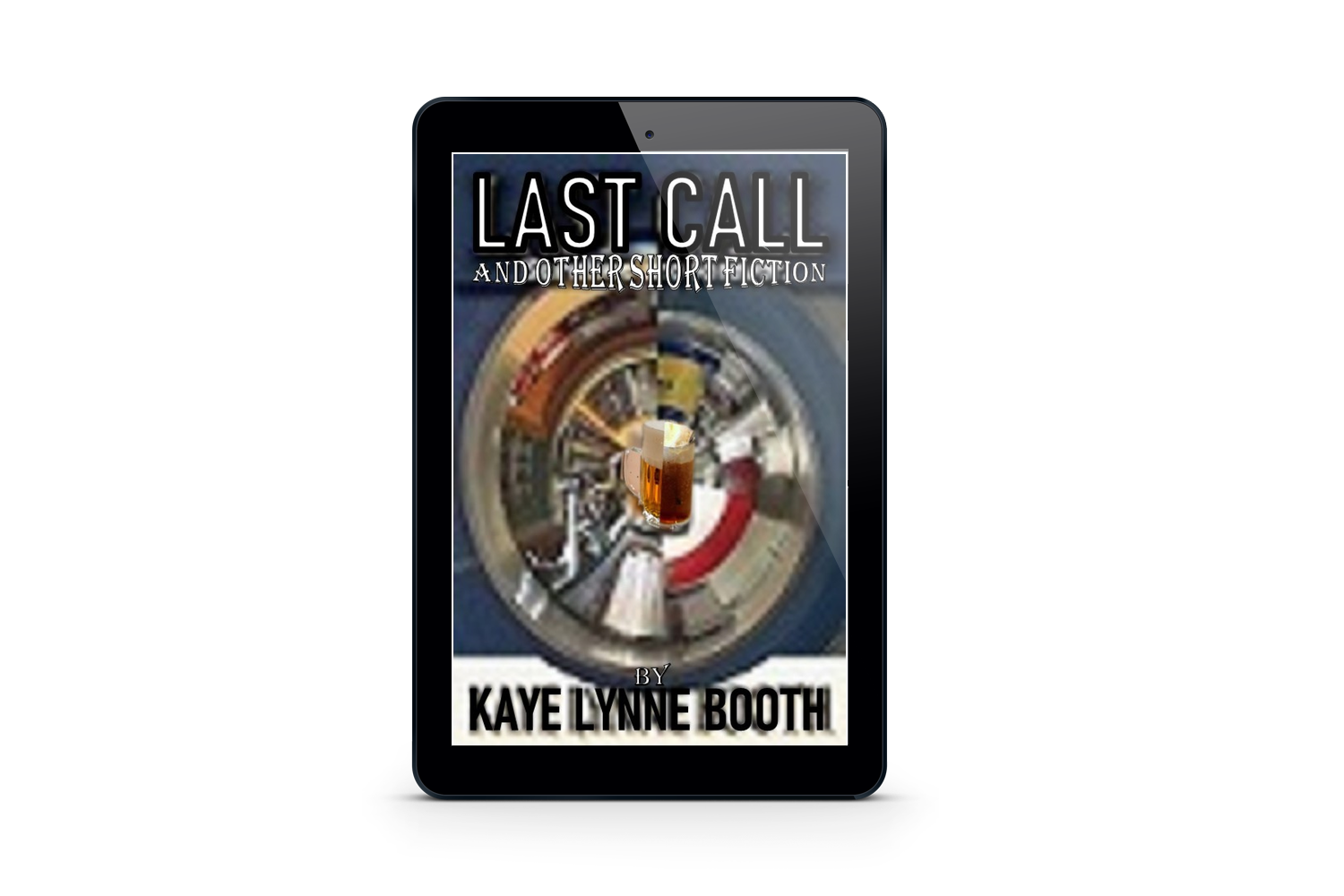Ask the Authors 2022 Book & Blog Series: Pre-Writing Rituals
Posted: May 14, 2022 Filed under: Blog Content, Book Promotion, Books, Nonfiction, Writing, Writing Process, Writing Reference, Writing Tips, Writing to be Read | Tags: Ask the Authors 2022, Ask the Authors 2022 anthology, Bobby Nash, Chris Barili, Jeff Bowles, Kaye Lynne Booth, Kevin Killiany, L. Jagi LAmplighter, Mario Acevedo, Nancy Oswald, Paul Kane, Pre-writing, research, Roberta Eaton Cheadle, WordCrafter Press, Writing, writing advice, Writing Process, Writing to be Read 13 CommentsWelcome back for segment 2 of the “Ask the Authors 2022” blog series, with an introduction to Bobby Nash, who shares how to manage the many tasks which being an author entails, to the Ask the Authors 2022 Writing Reference Anthology, and a Q & A on Pre-Writing Rituals.
Last week, we learned a little about myself and author Kevin Killiany, in addition to the Q & A session on Writing Life. If you missed it, you can find it here.
And now on to this week’s post.
Meet Bobby Nash

Bobby Nash is not a man of action, a detective, or a hero, but he loves writing about characters who are all of those things and more. Bobby is an award-winning author of novels, comic books, short stories, screenplays, and more. He is a member of the International Association of Media Tie-in Writers and International Thriller Writers. On occasion, he acts, appearing in movies and TV shows, usually standing behind or beside your favorite actor. From time to time, he puts pen to paper and doodles. For more information on Bobby Nash and his work, please visit him at www.bobbynash.com, www.ben-books.com, and across social media.
Pre-Writing Rituals
Please tell us what genre(s) you write in and what type of research is required for your stories?
Mario Acevedo: I write commercial fiction—novels and short stories of supernatural fantasy, horror, and hard-boiled crime. My research is to make the story and setting sound as credible as possible.
Paul Kane: All kinds really. I’ve dabbled in a lot of genres and written in a lot of formats, from comics and audio scripting to TV and film. I started out doing journalism, so non-fiction, and had a couple of books out in that vein: The Hellraiser Films and Their Legacy is probably the most well-known. Then I returned to writing short stories, because I was always writing those growing up; especially for English classes where the teachers would get exasperated at the length of some of them. I started sending these off to small presses and was lucky enough to get some printed, which then led to a collection. At the same time I’d been trying to write a novel, The Gemini Factor. I’d had a stab at a few before, so technically this was about my third or fourth novel, but the first I wrote with any serious intention of getting it published – which it was eventually, and there was even an anniversary edition which came out in 2020 through Gestalt Media. That was a horror serial killer thriller, by the way – and indeed most of the stuff I was doing back then was horror, and I carried on in that vein for a little while. Then around 2007, I pitched a book to Abaddon/Rebellion for their post-apocalyptic Afterblight series, which was a reworking of Robin Hood. They accepted that and it was my first mass market novel, so I’d shifted into SF at that point and wrote three novels altogether – gathered together in the sellout Hooded Man – plus a novella for them. I also wrote my first YA novel, The Rainbow Man, as PB Kane. At the same time I was writing short films like The Opportunity and The Weeping Woman, and then some audios – I adapted The Hellbound Heart into a full cast audio drama for Bafflegab – as well as working on and running conventions. More recently I’ve moved into writing straight thrillers for HQ/HarperCollins under the name PL Kane and the first of those, Her Last Secret, Her Husband’s Grave and The Family Lie, have all done very well. In amongst all that, I’ve written a couple of short plays too, one of which – One for the Road – was performed at FantasyCon 2015. As for research, it very much depends on the kind of story you’re telling. Crime research is very different to SF, as you can probably imagine.
Chris Barili: I write in just about every genre, and I wouldn’t say one genre requires more research than the others. Rather, I’d say one series of stories requires it: Hell’s Marshal. Because it is set in the old west, I do extensive research to make sure it is accurate, or at least believable in light of the story itself.
Bobby Nash: I write in whatever genre the publisher wants. So far, I haven’t done a lot of fantasy, nor have I attempted romance or erotica. Most of my work has a thriller element to it. I also write a lot of action and crime fiction. Research varies from project to project.
Robbie Cheadle: My YA and adult books are all historical and most have a paranormal element. I do a lot of research for each book, plotting the historical events on a timeline and then overlying the events of my plot. A Ghost and His Gold had over thirty historical sources and my current work in progress, The Soldier and the Radium Girl, will end up have at least the same number of sources, possibly even more.
I also read a lot of books in the timeframe I am writing about, especially classic books that were written during the period. This helps me gain insight into the everyday lives of people living at the time and experiencing the historical events I’m writing about.
Nancy Oswald: I write mostly Colorado-set historical history for young readers. It’s not always in the same order, but I typically start by reading history of the area, but not always. I like to visit the sites and glean as much as I can about the area. For me, museums and history centers are a huge wealth of material.
Kevin Killiany: Young adult, because the stories are more direct and revelatory of character. “Hard” science fiction (which means the fictional science is compatible with and based on real world science) and historical. Both require serious research, because accuracy is essential to the authenticity of the story.
How do you prefer to conduct your research: Live? Online? First-hand accounts?
Mario Acevedo: While the Internet is the most used because it is right in my computer, I continue to surprise myself with what treasures you find in newspaper microfiche, libraries, and visiting a place.
Paul Kane: I mainly do my research through a mixture of online searches, books and documentaries. For example for Her Husband’s Grave I did a lot of digging into psychology and serial killers, because my main character Dr Robyn Adams helps the police with their serial cases. For The Family Lie, I watched documentaries about cults and stuff like Jonestown, which led to some sleepless nights I can tell you. The cult of personality and all that. You get first-hand accounts in documentaries about subjects like that, so I haven’t needed to go to the horse’s mouth yet. Apart from in one instance, where I had a weapons expert called Trev Preston who’d help me with some of the details in the Hooded Man series. I’d ask him bizarre things like, is possible to take down an Apache Helicopter with a bolas – and he’d say yes or no. The answer’s yes, by the way, and that scene is in Broken Arrow.
Chris Barili: I do almost all my research online. Just don’t have time or resources to go visit far away places. That said, I did do some of that during two recent road trips.
Bobby Nash: I enjoy meeting and talking to people who do the jobs. I’ve talked with FBI agents, police, doctors, etc. about their respective jobs to get a feel for what they do. That adds a personal touch to the characters I have in those roles. On-line research is an invaluable tool to have at your fingertips. I also like to travel and visit locations where I can set stories and scenes.
Robbie Cheadle: I do all my research on-line and I like to use diaries, letters, and journals from the time, if possible. Project Gutenberg is a wonderful resource for historical research.
Nancy Oswald: See above, but add first-hand accounts if they’re available. I usually save online for while I’m drafting, because inevitably I’ll need a piece of information that I couldn’t anticipate.
Kevin Killiany: I love a library—finding and searching through physical books—but these days the internet enables one to access more information quickly. Whenever possible, I visit locations used in my stories.
What are your best research sources?
Chris Barili: Town or county historians. As them the time and they will build you a clock.
Bobby Nash: Google is readily at my fingertips. Interviewing people is also a good source of information gathering and adds a personal touch.
Nancy Oswald: I like the online dictionary of etymology. Quick and accurate.
What do you look for in a source: Aim? Accuracy? Authority? Correlation?
Paul Kane: I think you’re always looking for accuracy, because it goes back to that thing of believability again. You need to be as accurate as you can with facts, just so the reader believes in what you’re doing. That said, it’s hard to research some of the things I write about, like monster cats coming back as ghosts and attacking people, but you just have to do your best. That’s where the imagination element comes into it. I recently wrote a story for a charity anthology that takes place in the universe of my novella The Rot, and I had to do tons of research into black mold to get that right – even just for short story. It’s that important.
Robbie Cheadle: I like my stories to be as historically accurate as possible, so I actively look for accuracy and correlate the information I find with as many other sources as possible.
Nancy Oswald: I usually check more than one source if I’m in doubt. For historical fiction I like to be accurate, but love, love, love historic photos for setting.
What pre-writing exercises do you employ: Outlining? Free writing? Brainstorming?
Paul Kane: I rarely need to brainstorm, because Ideas come to me all the time and I jot them down. This means I’ve got tons of notebooks to draw on if I ever go blank… And I do plans, outlines and chapter breakdowns for novels. I might not stick religiously to them, but I find it helps me focus and keep on the straight and narrow, to keep going whenever I lose where I might be in the story. Like a kind of roadmap. You wouldn’t set off for a destination without having one of those – or a Satnav, or your phone – so why set off on a journey of many hours of hard work and 80 or 90 thousand words without an idea of where you’re heading? Some people wing it, I know, but I suspect they’re just planning it all out in their heads or their subconscious.
Chris Barili: Yes. And more. Any tool I can get my hands on to make my writing better.
Bobby Nash: I rarely have time for pre-writing. Deadlines do not always allow for that. I spend my writing time writing. When I’m at the beginning of a project and creating characters, I will do free writing and just start jotting down notes as I get to know the characters. Sometimes, plot/story ideas will happen in this stage too.
Robbie Cheadle: I research each section before I start writing a new chapter. As mentioned previously, I have my ending plotted prior to commencing writing and that is the direction I write towards.
Nancy Oswald: Refer to answer about plotting or pantsing. Oh, it’s blank. None of the above. I think while I write most of the time, but I have used a time-line to plot on when I’m trying to track a fiction story-line and compare it to the actual historical events.
Do you try to write to market or write what you love?
Paul Kane: The quick answer is both. I’ve written stories just for the love it them, usually they’re new ones for collections – like ‘The Butterfly Man’, that was a story for a collection from PS of the same name. But I’ve also written for specific markets, like the Hooded Man stuff, or where an editor gives you a theme for an anthology. I wrote ‘The Shadow of Death’ for an anthology called Expiration Date, for instance, ‘Shells’ for an anthology called Terror Tales of the Seaside, and ‘Presence’ for Hauntings. So at that point you’re totally writing for a specific market or theme.
Chris Barili: Again, yes. I write to market within the boundaries of what I know and love. I won’t shoe-horn my writing into genres or labels, and while I write what I am passionate about, I don’t limit myself to things I know or share with the reader.
Bobby Nash: Write what you love. Writing to market can drive you crazy and often leave you unfulfilled. I speak from personal experience here.
Robbie Cheadle: I write what I enjoy and for my own pleasure. I would like others to enjoy my stories, but that is secondary to my primary aim of personal enjoyment. As a result, I have decided to continue to publish with smaller publishers rather than to try to get representation with a larger publishing house.
Jeff Bowles: I sort of try to do both at the same time, I suppose. I’ve always had this theory that solid, salable fiction can be fun and artistic, too. Crazy, I know, but that’s just how I feel! Anyway, I’ve sort of developed a unique style, and there’s certain subjects I seem to write about again and again, as it is with most authors, I think. When I try to write like other people, the results are mixed, so I learned a long time ago to try to hit the personal enjoyment metric and then sort out what I think is salable or not. It’s a fine line, one that’s almost always difficult to walk, but it’s almost always worth it in the end.
Nancy Oswald: I realized a long time ago I cannot write to a market. For one, living in rural Colorado, I can’t keep up with anything that resembles up-to-date or edgy. The last time I remember trying keep up with cool was when I was a teen (living in Denver) and I practiced doing “The Jerk” in front of a mirror.
Kevin Killiany: Obviously when writing tie-in fiction for a TV show or role-playing game, I have to write for the market. BUT I’m writing for that market because I love the game or show—you have to campaign constantly to get your foot in the door, and that requires a good deal of passion.
With my own, original fiction, I write solely for me. If you guys like it, that’s fantastic.
________________________
That wraps up “Ask the Authors 2022” blog series for this week. Be sure to drop by next Saturday for an introduction to multi-genre author, Roberta Eaton Cheadle, and a Q & A on plot/storyline. (Okay, many of you already know Robbie, some of you quite well. Drop by anyway for the Q & A.)

You can get your copy of Ask the Authors 2022 at your favorite book distributors at the special price of 3.99 for the duration of this blog series, through the Books2Read UBL: https://books2read.com/u/3LnK8e
_________________________
















Thanks. I’m thrilled to be part of this.
LikeLiked by 1 person
We are thrilled to have you on board, Bobby. In the book you offer great advice, a small portion of which is shared here. Your essay contribution, “Juggling Act” is spot on with my own experiences and, I’m betting, with a lot of other authors as well. Thanks for your participation. 🙂
LikeLiked by 1 person
Thanks.
LikeLiked by 1 person
Hi Kaye, thanks for sharing this interesting extract. It’s good to meet Bobby Nash.
LikeLiked by 1 person
[…] Segment 2: Introduction for Bobby Nash/Pre-Writing Rituals Q & A […]
LikeLiked by 1 person
[…] Segment 2: Introduction for Bobby Nash/Pre-Writing Rituals Q & A […]
LikeLiked by 1 person
[…] Segment 2: Introduction for Bobby Nash – Pre-writing Rituals Q & A session […]
LikeLiked by 1 person
[…] Segment 2: Introduction for Bobby Nash/Pre-Writing Rituals Q & A session […]
LikeLiked by 1 person
[…] Segment 2: Introduction for Bobby Nash/Pre-writing Rituals Q & A session […]
LikeLiked by 1 person
[…] Segment 2: Introduction for Bobby Nash/Pre-writing Rituals Q & A session […]
LikeLiked by 1 person
[…] Segment 2: Introduction to Bobby Nash/Pre-Writing Rituals Q & A session. […]
LikeLike
[…] Segment 2: Introduction for Bobby Nash/Pre-writing Rituals Q & A session […]
LikeLiked by 1 person
[…] Segment 2: Introduction for Bobby Nash/Pre-writing Rituals Q & A session. […]
LikeLike